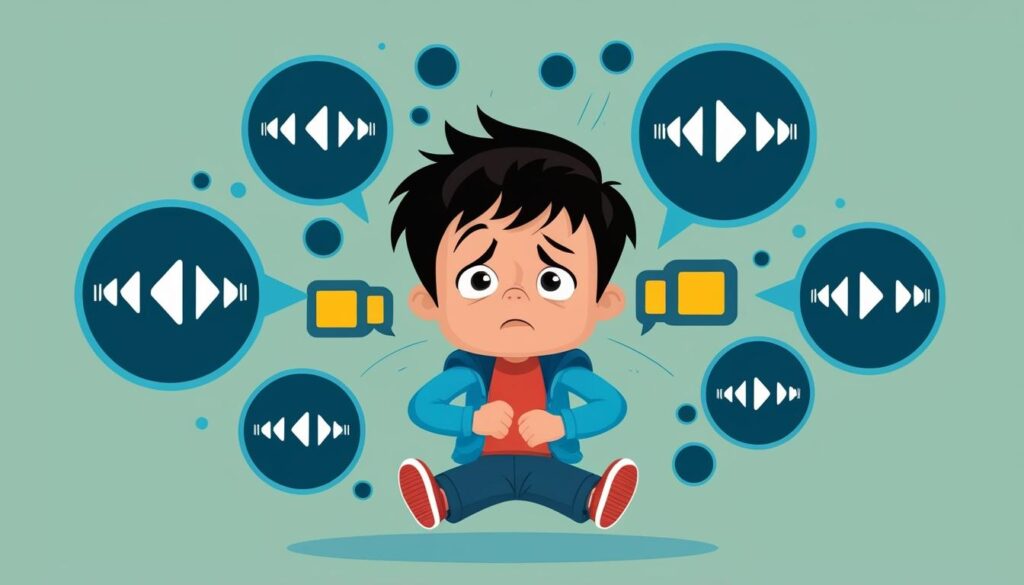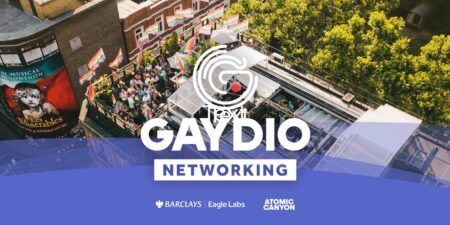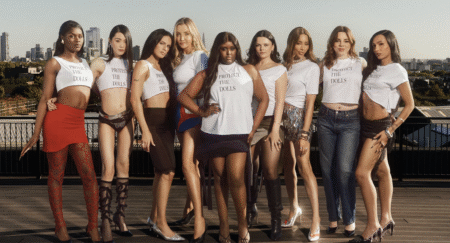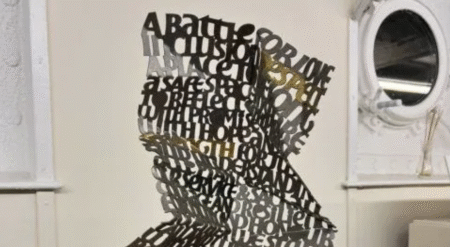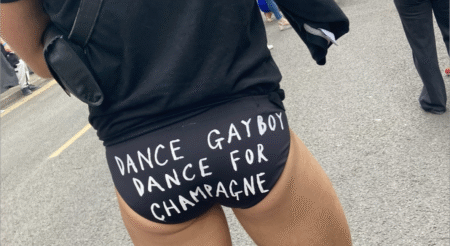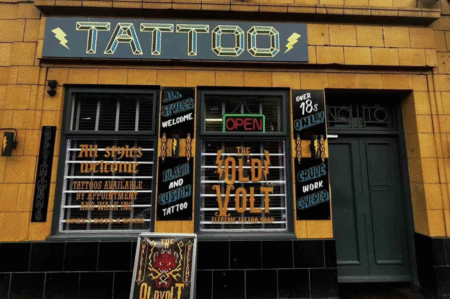A recent survey by the charity Just Like Us has revealed that homophobic language is alarmingly prevalent among children in the UK, with a significant number of young individuals, including those as young as nine, being exposed to it. The research surveyed over 31,000 pupils, including 4,307 primary school children aged nine to 11, and found that 78% of this group, alongside 80% of secondary school pupils, have encountered homophobic language.
The survey, conducted in June and part of an educational initiative by VotesForSchools, highlights that many children hear such derogatory language through social media platforms, particularly TikTok. Several incidents have been tied to the viral TikTok trend known as ‘English or Spanish?’, where users challenge others with “Whoever moves first is gay,” prompting participants to remain still to avoid the label.
This trend, among others, has gained substantial popularity on TikTok, with videos gathering millions of likes, despite TikTok’s community guidelines explicitly prohibiting hate speech or content attacking individuals based on gender or sexual orientation. The platform claims to take rigorous action by removing a considerable percentage of such content before it is flagged by users.
On the ground, children are not only encountering this language online but are also echoing it in social settings, often unaware of its implications. In Sandhurst, one primary school pupil remarked that the term ‘gay’ is often used in jest or as an insult, influenced by online content. Further feedback from children, such as Reggie, the son of a Hertfordshire resident named Charlie, indicates that such derogatory terms have morphed into informal games. He noted that peers at school have integrated the language into competitive playground taunts.
Parents are also witnessing the impact of these trends. Matt, an LGBTQ+ parent, shared an experience where his son Jacob, aged nine, felt uncomfortable during a game that involved calling others ‘gay’ for incorrect answers. Jacob, who has gay foster carers, stood up to his friends and expressed his discontent with the use of the term as an insult. This situation left him feeling upset over why ‘gay’ was equated with something negative.
The chief executive of Just Like Us, Laura Mackay, has expressed concern over the findings. She cautioned against dismissing homophobic language as harmless or a mere joke, emphasizing the potential negative impact on the self-esteem and mental health of LGBT+ youth and those from same-sex families. Despite TikTok’s efforts, Mackay highlighted concerns about the escalating use of derogatory games aimed at children on the platform.
TikTok asserts its commitment to addressing these issues through partnerships with organisations such as GLAAD and Stonewall. From April to June 2024, the platform reportedly removed 88% of content violating its hate speech policies prior to being reported. Nonetheless, the persistence of such trends underscores ongoing challenges in tackling online hate speech and its offline repercussions.
Source: Noah Wire Services







